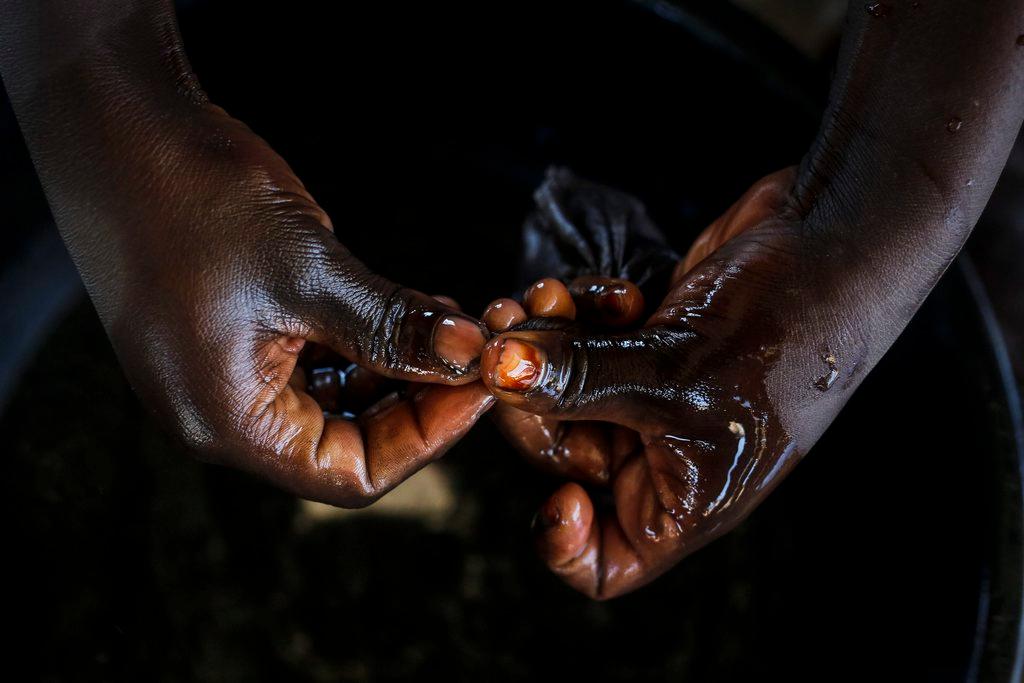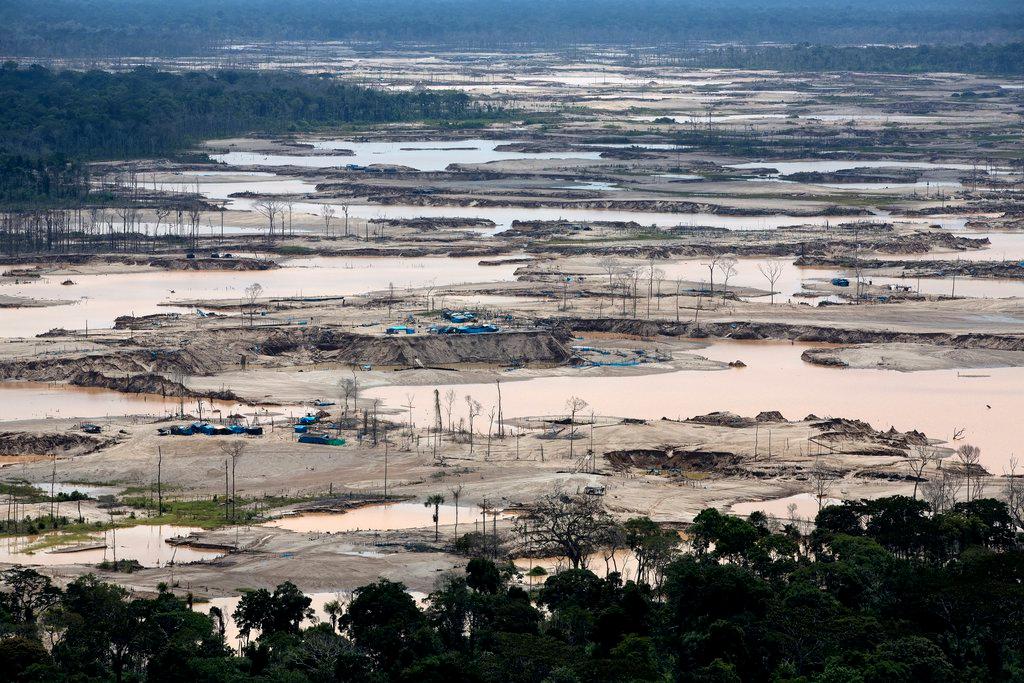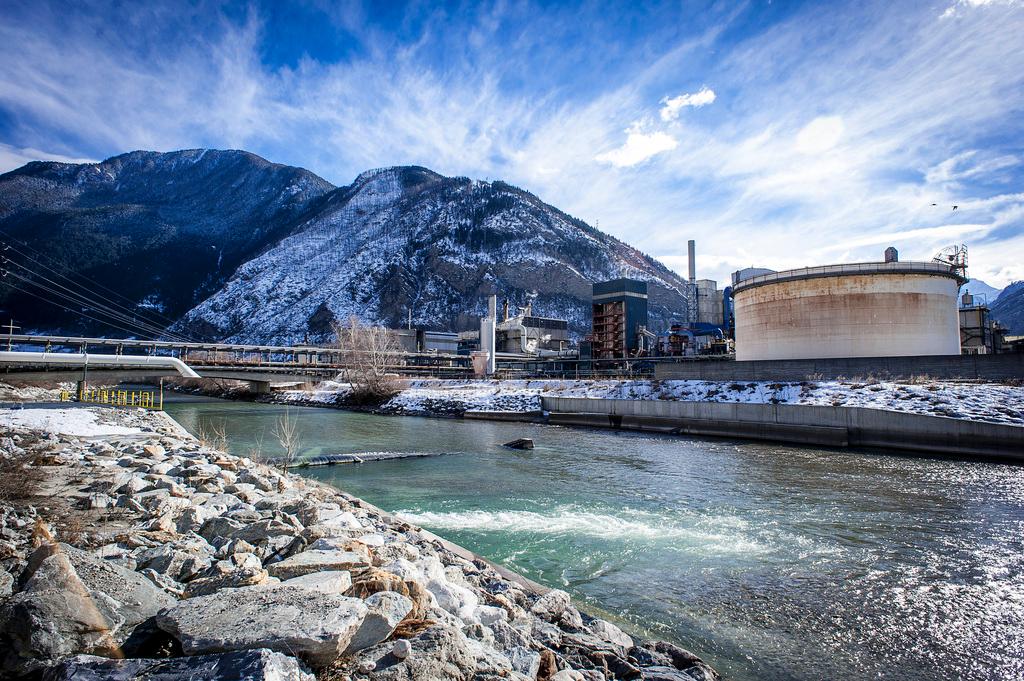Mercury pollution watchdog to set up in Geneva

Geneva will play host to the body responsible for implementing a global convention to reduce mercury pollution. Some 150 countries voted in favour of the Swiss city at the first conference of the Minamata Convention on Mercury, which was also staged in Geneva.
The conference also agreed on a range of measures to limit the impact of mercury extraction and industrial usage. This included guidelines to regulate artisanal gold mining and the reduction of mercury emissions. Another guideline specifies how the atmospheric mercury emissions generated by coal-fired power plants, waste incineration plants and cement plants can be reduced.
Switzerland is an important legal trader in mercury and recycler. It exported 30 tonnes of mercury last year – down from 110 tonnes per year between 2011-2015 – the government said in June.
Geneva is a centre of expertise for hazardous chemicals and waste. It is already home to the secretariats for the Stockholm Convention on Persistent Organic Pollutants (POP), the Rotterdam Convention on the Prior Informed Consent Procedure for Certain Hazardous Chemicals and Pesticides in International Trade, and the Basel Convention on the Control of Transboundary Movements of Hazardous Wastes and Their Disposal.
On Saturday, at the end of a six-day conference, the Minamata Convention’s secretariat was added to the list of agencies that Geneva will host.
Regulation changes
“The arrival of the Secretariat of the Minamata Convention will be a boost for Geneva as centre of the international environment governance,” said Marc Chardonnens, director of the Federal Office for the Environment.
“The measures for reducing mercury emissions that pose a risk to health and the environment can begin,” he added.
The Swiss government is expected to lay out its position by the end of the year on how to amend legislation to match the convention’s objectives of reducing pollution. It will have to steer a line between environmental groups advocating a complete ban on mercury trading and the industry that is lobbying against strict regulation.
The Minamata Convention, named after a Japanese fishing town where mercury was discharged into the bay by a large chemical company between 1932 and 1968, entered into force on August 16, 2017. It was initiated by both Switzerland and Norway. So far, 79 states have ratified the convention, including the United States, China, Brazil, Indonesia, Peru and Switzerland (on May 26, 2016).
Mercury is a highly toxic heavy metal considered by the World Health Organization to be one of the top ten chemicals of major public health concern.
The chemical element occurs naturally and can be released into the environment via the weathering of mercury-containing rocks, forest fires, volcanic eruptions or geothermal activities. But according to the United Nations, 90% of the 5,500-8,900 tons of mercury currently emitted or re-emitted each year to the atmosphere is man-made. It is released unintentionally from industrial processes such as coal-fired power stations, cement production, mining, waste incineration, and metallurgic activities.
Mercury is extensively used to extract gold from ore in artisanal and small-scale gold mining. It is contained in electrical switches, relays, measuring control equipment, fluorescent light bulbs, batteries and dental amalgam. Mercury is also used in laboratories, cosmetics, pharmaceuticals, vaccines, paints and jewellery.

In compliance with the JTI standards
More: SWI swissinfo.ch certified by the Journalism Trust Initiative










You can find an overview of ongoing debates with our journalists here . Please join us!
If you want to start a conversation about a topic raised in this article or want to report factual errors, email us at english@swissinfo.ch.